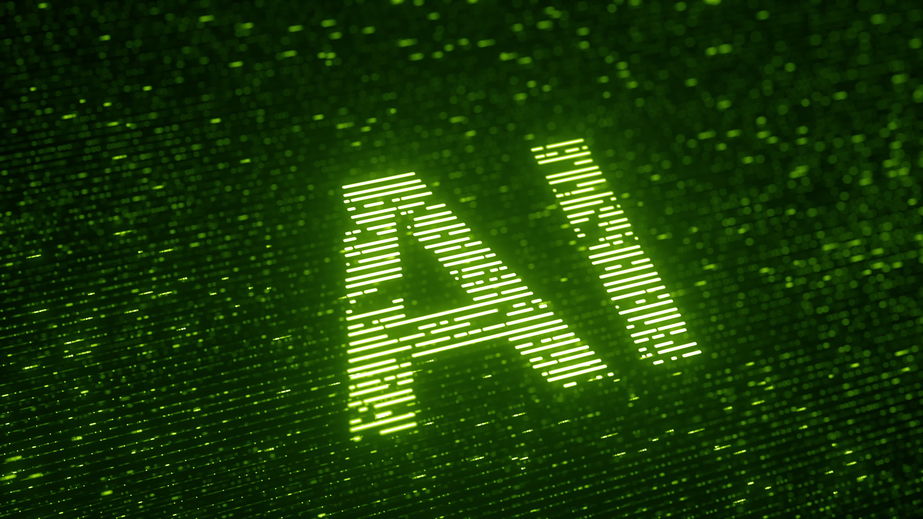
To be future-ready, organizations today are focused on reducing costs, increasing efficiencies, and fostering a culture of innovation across functions. Human Resources (HR) has a pivotal role in helping organizations achieve these objectives in the fast-evolving business landscape. The use of technology in HR not only drives organizational growth and innovation but also secures a competitive advantage.
AI’s Role in Transforming HR
The advent of Artificial Intelligence (AI) has opened doors to endless possibilities, and this transformation is revolutionizing HR in more ways than one. AI is already helping HR professionals streamline processes, reduce talent acquisition costs, minimize attrition, and enhance the employee experience. By automating routine tasks, AI frees HR teams to focus on higher-value activities that require human expertise and empathy.
A key benefit of AI in HR is its ability to analyze vast amounts of data to identify patterns, make predictions, and aid informed decision-making. From assessing candidates’ skills to predicting employee turnover, AI’s potential to drive organizational efficiency is immense. For instance, AI algorithms can be trained to assess resumes, gauge candidates’ fit for roles, and predict employee performance, ensuring HR departments make better and more data-driven decisions.
Real-World Applications of AI in HR
AI’s impact on HR is already being felt across several areas. One example is its application in talent acquisition. AI-driven tools can analyze resumes and match candidates to job descriptions based on skill sets, experience, and personality traits, ensuring a more objective and efficient hiring process. AI can also assess a candidate’s cultural fit by analyzing patterns in the data, ensuring a more holistic approach to recruitment.
In employee retention, AI is used to predict the likelihood of an employee leaving the organization, also known as “flight risk.” By analyzing factors such as performance, tenure, and even sentiment from internal communications, AI models can identify potential red flags early, allowing HR professionals to take proactive steps in employee engagement or retention strategies. For instance, a global tech company used AI to identify key indicators of employee dissatisfaction, leading to targeted interventions and a noticeable drop in turnover.
In learning and development, AI can offer personalized training experiences. Based on data analysis, AI can recommend specific learning paths for employees, helping them acquire new skills and grow in their roles. This not only boosts employee engagement but also fosters a culture of continuous learning.
Challenges in AI Adoption and the Human Touch
Despite its promise, the adoption of AI in HR does not come without its challenges. Data quality is critical: AI’s success depends on the data it is trained on. If the data is incomplete, inaccurate, or biased, the outcomes can be flawed. For example, biased data can result in biased hiring decisions, further reinforcing inequality.
Another major challenge is employee and stakeholder resistance. HR professionals may feel threatened by AI, worrying it will replace human jobs. However, AI should not be seen as a replacement but as a tool to augment human decision-making. It’s important for organizations to communicate the complementary role AI plays in HR – freeing up time for HR staff to engage with employees, focus on strategic initiatives, and provide personalized experiences.
Furthermore, data privacy laws, such as the GDPR in the EU, raise concerns about the retention and use of personal data for AI training. HR departments must navigate these regulations carefully to ensure compliance while still leveraging AI’s capabilities. Additionally, AI systems must be built with ethical considerations in mind. Decisions around hiring, promotion, and performance evaluation need to be transparent and explainable to avoid reinforcing biases and ensure fairness.
The Future of AI in HR
Looking ahead, AI will continue to evolve and revolutionize the HR function. We’re already seeing the use of AI in employee engagement and diversity and inclusion (D&I) initiatives. AI can analyze employee sentiment through surveys, feedback, and internal communications to gauge engagement levels, identify areas of concern, and suggest improvements. Additionally, AI-powered tools can help HR departments ensure diverse hiring by eliminating biases that may unconsciously be present in traditional recruitment methods.
In the coming years, AI is expected to play a greater role in talent management by identifying future leaders and creating personalized career development plans based on employee aspirations and skills. The future of HR will be more data-driven, with AI providing deeper insights into employee potential, performance trends, and organizational needs.
Practical Recommendations for HR Leaders
For HR leaders looking to implement AI in their organizations, the following steps can help get started:
- Start Small: Begin with pilot programs that focus on specific areas like recruitment or employee retention. Track results and adjust as necessary.
- Ensure Data Quality: Invest in gathering high-quality, diverse data that can be used to train AI algorithms. Avoid bias by regularly auditing your data.
- Upskill HR Teams: HR professionals must be equipped with the necessary skills to work with AI tools. Provide training on how to interpret AI outputs and combine them with human judgment.
- Implement Ethical Guidelines: Develop clear policies around AI use in HR that prioritize transparency, fairness, and compliance with privacy regulations.
- Involve Employees: Ensure employees understand how AI is being used and how it will benefit them. This transparency can help alleviate concerns and foster acceptance of AI technologies.
Conclusion
AI in HR is an exciting opportunity to drive efficiency, improve decision-making, and enhance the employee experience. However, its adoption must be carefully managed, ensuring that AI complements the human elements of HR, such as empathy, intuition, and judgment. By striking the right balance, organizations can leverage AI as an enabler of people management, helping HR leaders make smarter decisions and create a more engaged, satisfied workforce.
In the end, AI is not a replacement for human interaction, but a powerful tool that, when used responsibly, can elevate HR practices and prepare organizations for the future.
